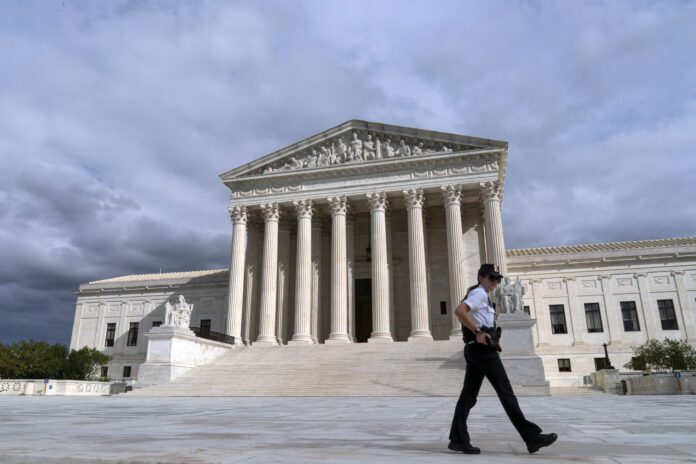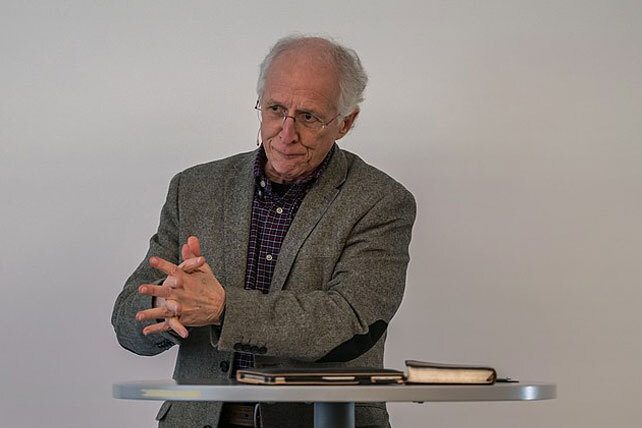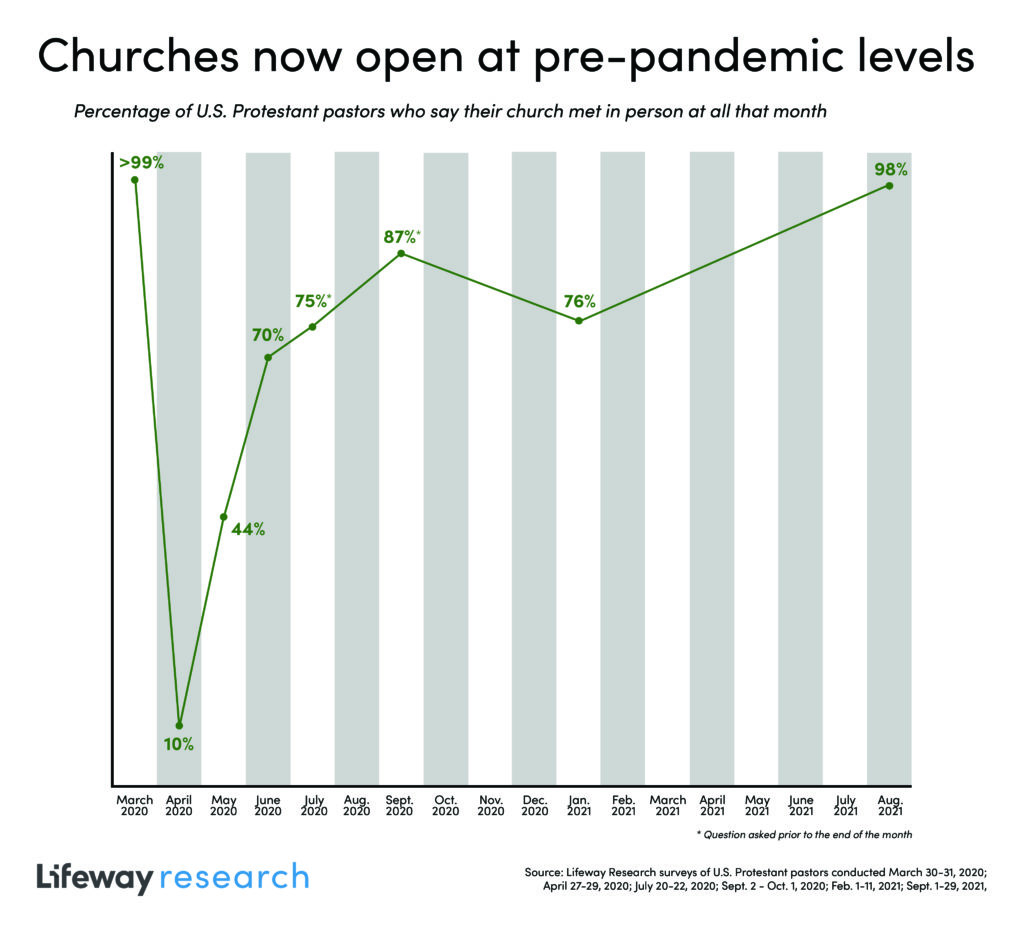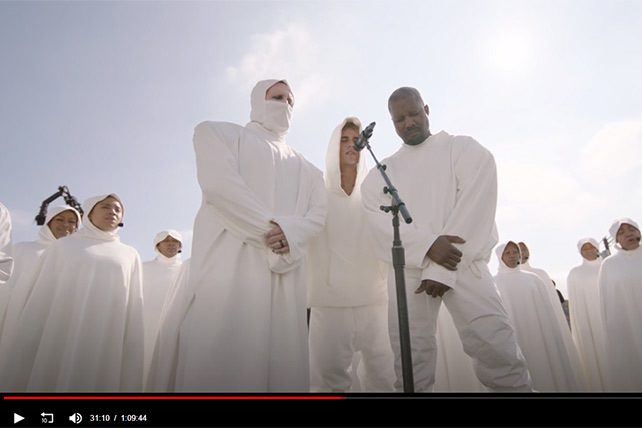The time has come to face an unpleasant reality. The congregation you have right now is your entire congregation. This is not necessarily bad news.
In talking to pastors I’ve stopped asking about their pre-COVID attendance. If the pandemic had only lasted a few weeks to a few months, then you could certainly expect your church to quickly snap back to where it was.
After 20 months nothing will snap back now. The culture has changed. Habits have changed. Your church has changed. Let’s consider what happened and how you can start leading the church you have.
Stadiums are Full, but Sanctuaries are Half Empty
If only Covid was preventing people from returning to church, you would also see this caution across the board in every auditorium or stadium of any size. As I watched the Kansas City Chiefs’ disappointing loss to the Buffalo Bills on Sunday, Arrowhead Stadium was packed. As I watch the baseball playoffs between my San Francisco Giants and Mark Howell’s LA Dodgers, Oracle Park and Dodgers Stadium are at capacity. Yet, church sanctuaries are less than half full. What’s happening?
Some people have legitimate concerns related to Covid. Out of an abundance of caution, they chose to worship online at home. They are not ready to meet and sing with a large group of people for the time being. That’s understandable considering the amount of information and misinformation out there. There are very strong feelings about vaccines and masks. Covid accounts for part of your half filled auditorium.
Others became comfortable with online worship. They don’t have to get their family dressed, fed, and out the door on Sunday morning any more. They can sip their coffee in their jammies while their children play or sleep in. While online faithfulness has certainly lessened over time, some of your people are still there. They are giving. They are on your side. They’re just staying home. But, some people have changed the channel.
Now that most churches have an online worship service, it’s easier to church shop than ever. Let’s face it. There are more interesting sermons out there. There are professionally recorded worship sets with worship teams who sing in tune. If someone’s interest is only in worship and preaching, there are tens of thousands of choices. But, you and I both know that there is far more to church than songs and sermons. Rick Warren isn’t going to call to see how they’re doing. Andy Stanley isn’t going to make a hospital visit. If you wonder where you’re people are, you should probably give them a call.
The last group is the most exciting. People are watching online who have never darkened the door of your church. They are interested in spiritual things. They long for something solid in very anxious times. They enjoy watching the service without being watched. And, when you offer a next step, they will take it. Pastors are telling me how “first time” guests show up ready for baptism, next steps, small groups, and serving. They aren’t first time guests. They’ve been participating in your online worship services for weeks to months. This is the new front door of the church! How does your front door look? Are you actively offering next steps to your online congregation? Do you look directly into the camera and lead them on what do to next? Do you have a way for them to respond? Don’t make your online worship service a lesser experience. Don’t expect less of people who worship online. They need your leadership.
Stop Looking Backward
The whole world has experienced a massive reset. Regardless of who’s right, who’s wrong, who’s to blame, or who’s orchestrating a nefarious plot, God is not surprised by any of this. Why has God allowed this to happen? Why did God intentionally shake up His church like this? What needed to fall away to reveal what was strong? What outdated strategies needed to crumble? What changes that you’ve been dreading to make needed to happen? God has uniquely positioned you and your church to serve a changed culture, if you are willing to let go of what you used to do.





















